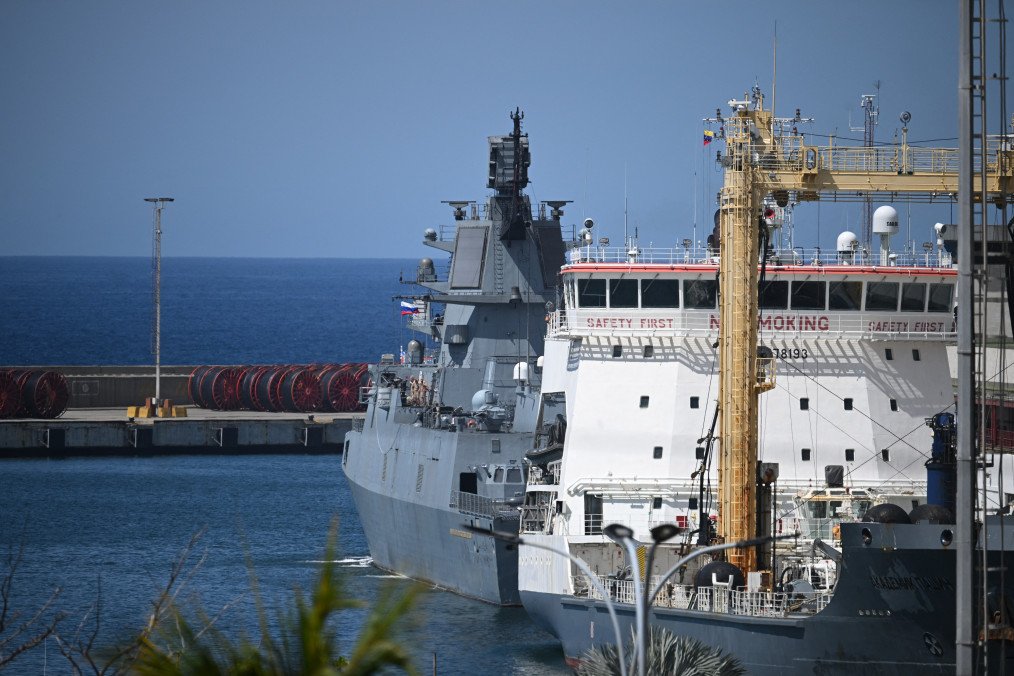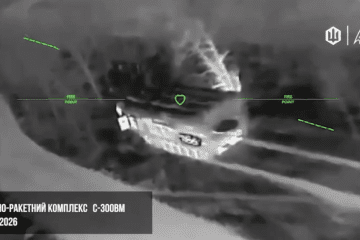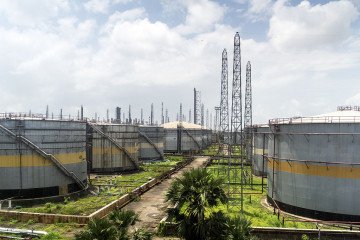Moscow's ability to transport oil using old, uninsured vessels has increased by 70% since 2023, according to a Financial Times report citing the Kyiv School of Economics (KSE).
The volume of Russian oil moved by poorly maintained tankers rose from 2.4 million barrels per day in June 2023 to 4.1 million in June 2024.
This rise comes as the US, Canada, Japan, and European allies intensify efforts to target global insurers and shipowners to restrict Moscow's profits from the Ukraine war. Sanctions have also expanded to include companies and vessels linked to Russia's shadow fleet, which poses environmental risks as these ships navigate busy European waters, including Baltic Sea, the Danish Straits and the Strait of Gibraltar.
“Sanctions on tankers have been quite effective but the designation campaign has been too limited to actually rein in Russia’s shadow fleet,” said Benjamin Hilgenstock, one of the authors of the KSE report.
KSE suggests creating "shadow-free zones" in European waters to reduce these risks. As of June 2024, 70% of Russian oil transported by sea was moved by the shadow fleet, costing Russia an estimated $10 billion. This fleet now accounts for 89% of Russia's crude oil exports, much of which has been trading above the $60-per-barrel price cap since mid-2023.
By assembling this fleet, Moscow severed ties with countries in the price cap coalition, which had pressured global insurers to comply with the sanctions. As a result, Russia was left primarily reliant on domestic insurance providers.
Moscow's reliance on domestic insurers has raised concerns about the quality and reliability of coverage, particularly given the average age of these tankers is 18 years. Several accidents involving shadow vessels have already occurred, including engine failures and collisions, underscoring the potential for environmental disasters.
Before February 2022, Russia was a key player in the global oil market, exporting under standard rules. But after launching its full-scale invasion of Ukraine, sanctions led several countries to stop buying Russian oil, impacting the industry. In response, the Kremlin created a "shadow fleet" to transport its oil.



-111f0e5095e02c02446ffed57bfb0ab1.jpeg)

-c439b7bd9030ecf9d5a4287dc361ba31.jpg)


-72b63a4e0c8c475ad81fe3eed3f63729.jpeg)